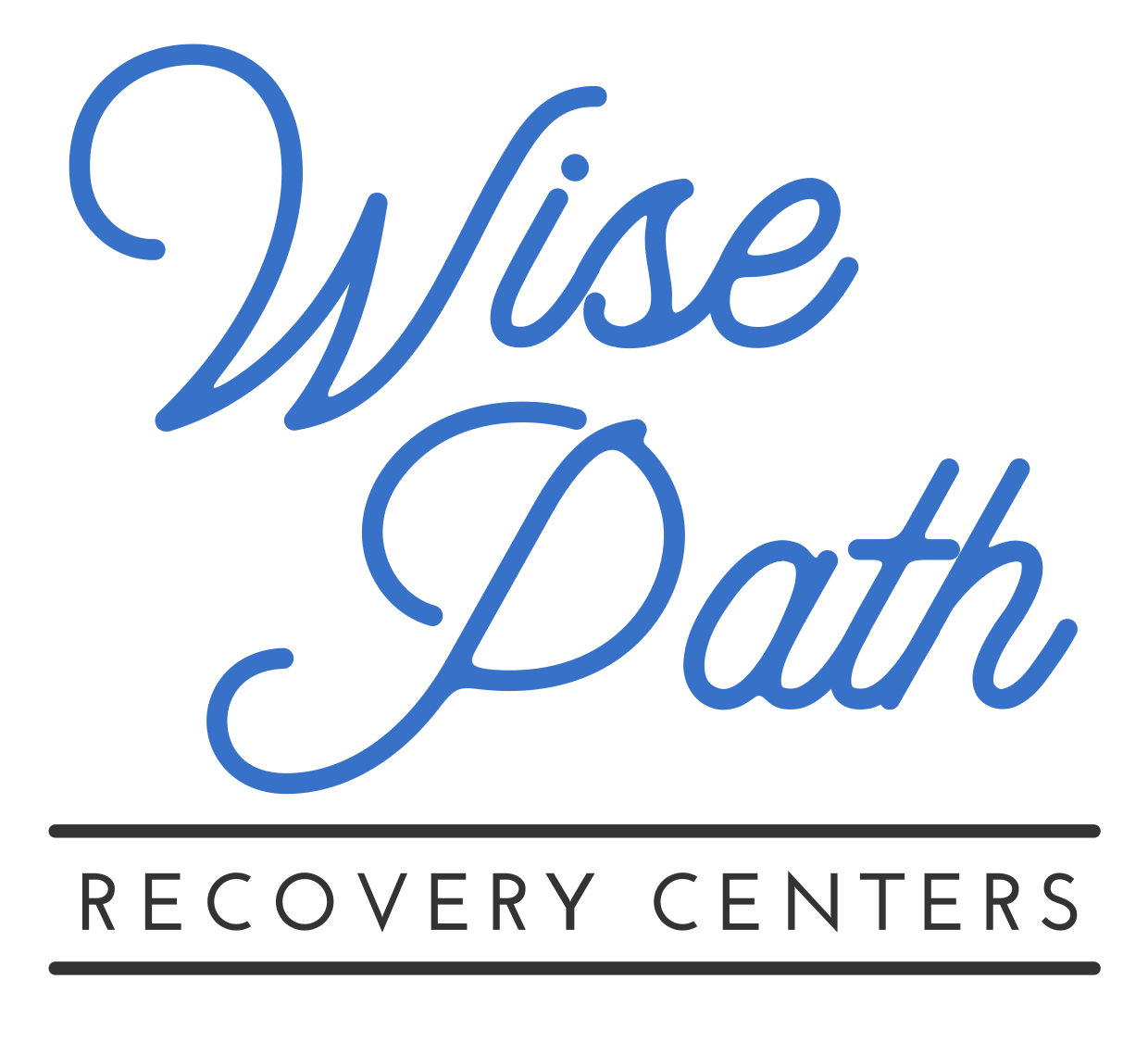Wise Path Recovery Centers ™
DEPRESSION TREATMENT IN WEST VIRGINIA
What Are Depressive Disorders?
According to the National Institute of Mental Health (NIMH), an estimated 21 million adults in the United States had at least one major depressive episode—one of the most common types of depressive disorder. This number represented 8.4% of all U.S. adults. Depression is more common in females and in adults ages 18-25, according to the NIMH.
Depressive disorders are a group of mental health conditions characterized by persistent feelings of sadness, hopelessness, or a lack of interest or pleasure in activities that were once enjoyable. These disorders can range in severity from mild to severe and can impact a person’s daily functioning, relationships, and overall quality of life.
Some common types of depressive disorders include:
Major Depressive Disorder (MDD)
Persistent Depressive Disorder (PDD)
Seasonal Affective Disorder (SAD)
Psychotic Depression
It’s important to note that depression can be a complex and multifaceted condition, and a thorough evaluation by a mental health professional is crucial to making an accurate diagnosis and determining the best course of treatment.
Wise Path Recovery Centers™ recognizes the importance of treating substance use disorders and co-occurring mental health conditions, including depressive disorders. At Wise Path, clients receive an individualized treatment plan tailored to their unique needs and includes evidence-based therapies for addiction and depression.

Signs of Depressive Disorder
Depressive disorder can present with a variety of emotional, physical, and cognitive symptoms that interfere with daily life. Common signs include persistent feelings of sadness, hopelessness, or emptiness, as well as a loss of interest in activities once enjoyed. Physical symptoms may involve changes in sleep patterns, appetite fluctuations, fatigue, or unexplained aches and pains. Cognitive difficulties, such as trouble concentrating, making decisions, or remembering things, can also be indicators. In severe cases, thoughts of self-harm or suicide may arise, making it crucial to seek professional help when symptoms persist.
Benefits of Treatment for Depressive Disorder
Seeking out our depression treatment in West Virginia can lead to significant improvements in overall well-being and quality of life. Therapy, medication, and lifestyle changes can help regulate mood, reduce symptoms, and restore a sense of purpose and motivation. Effective treatment can also enhance relationships, improve work performance, and increase energy levels, making daily activities more manageable. Additionally, addressing depression early can prevent symptoms from worsening and reduce the risk of future episodes. With the right support and treatment plan, many individuals find relief and regain control over their lives.

What Is the Connection Between Depressive Disorders & SUD?
Substance use disorders and depressive disorders are often connected and can have a complex and bidirectional relationship. Individuals with depressive disorders are more likely to develop substance use disorders, and individuals with substance use disorders are more likely to develop depressive disorders.
Depressive disorders can increase the risk of developing SUD because individuals with depression may use drugs or alcohol as a form of self-medication to cope with their symptoms. Substance use can temporarily relieve feelings of sadness, hopelessness, or anxiety, but it can also lead to a cycle of dependence and addiction, exacerbating underlying depression symptoms.
On the other hand, substance use disorders can increase the risk of developing depressive disorders because chronic drug or alcohol use can alter brain chemistry, leading to imbalances in neurotransmitters and changes in mood. Substance use can also negatively impact relationships, work or school performance, and overall quality of life, all of which can contribute to feelings of depression.
Substance use disorders and depressive disorders can also share common risk factors, such as genetics, environmental stressors, and childhood trauma. It’s crucial for individuals with these conditions to seek professional help and receive comprehensive and integrated treatment that addresses both disorders.
How Do We Treat Depression?
Wise Path Recovery Centers™ recognizes the importance of treating both substance use disorders and co-occurring mental health conditions, including depressive disorders. Our clients receive an individualized treatment plan tailored to their unique needs and includes evidence-based therapies for addiction and depression.
Individuals with co-occurring mental health disorders, such as depression, may receive various treatments that include:
Individual and group counseling that employ evidence-based techniques like cognitive behavioral therapy (CBT), dialectical behavior therapy (DBT), and mindfulness-based cognitive therapy (MBCT) to address underlying issues that contribute to depression and substance use.
Medication management to alleviate symptoms of depression and other mental health disorders, as well as to help manage cravings and withdrawal symptoms associated with substance use disorders.
Family therapy that involves loved ones to provide support and education about the effects of depression and addiction, as well as to promote a healthy and supportive environment for long-term recovery.
The treatment services offered by Wise Path Recovery Centers™ aim to address the underlying issues that contribute to substance use and depression in order to support long-term sobriety and mental health. Through a safe, supportive, and integrated approach to treatment, our goal is to equip clients with the skills and tools necessary to manage both conditions and live fulfilling lives effectively.
View Our Locations
We currently offer inpatient treatment programs in Morgantown, WV, as well as outpatient programs in Charleston and Morgantown, WV. We also have sober living homes in Columbus, IN. Give us a call at 866-860-9772 to get pre-screened and assessed for the treatment program that will best meet your needs.
We Accept Most Major Insurance Carriers
Once you’ve submitted the verification form, feel free to contact us if you have any questions about insurance or payment options for depression treatment in West Virginia. Our team is here to assist you and ensure you have the information you need for a smooth admissions process.
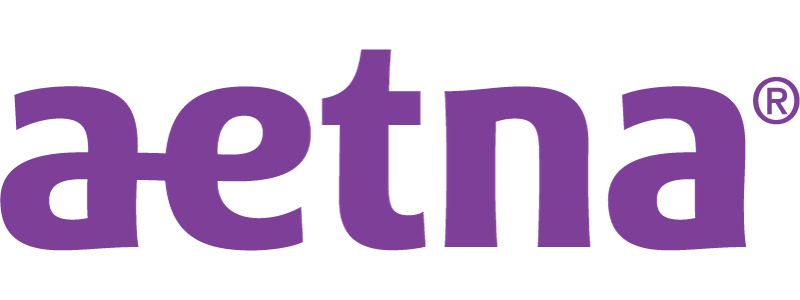

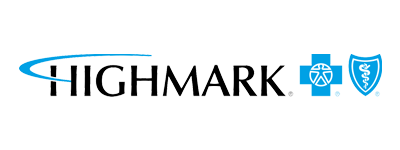
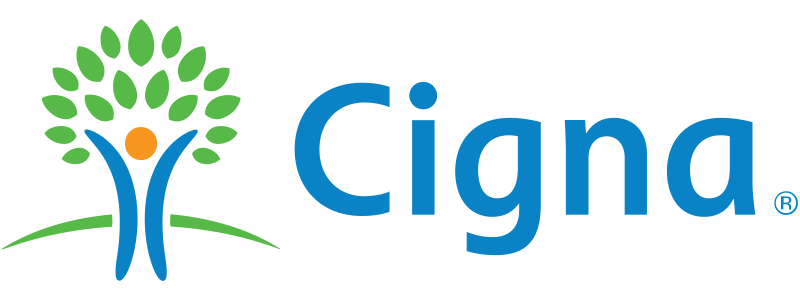

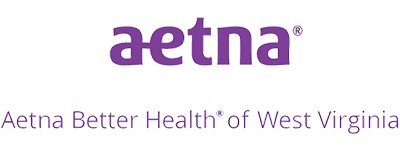


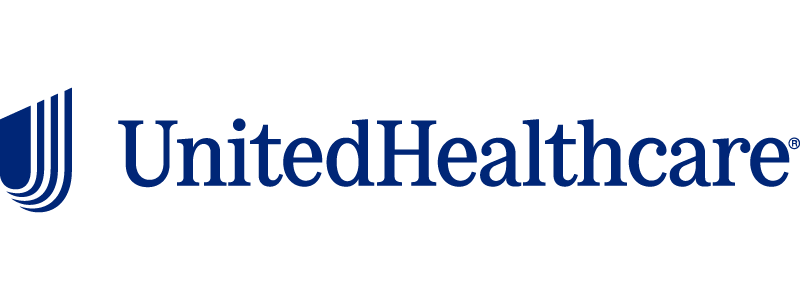
FAQs About Depressive Disorders
What are 4 depressive disorders?
The four common types of depressive disorders are major depressive disorder (MDD), persistent depressive disorder (dysthymia), bipolar disorder (which includes depressive episodes), and seasonal affective disorder (SAD). Each has unique symptoms and duration but shares persistent low mood as a core feature.
Can you get over major depressive disorder?
While major depressive disorder may not always go away completely, it can be effectively managed with treatment. Therapy, medication, and lifestyle changes can help reduce symptoms and improve overall well-being.
What are the 5 coping skills for depression?
Common coping skills include regular exercise, maintaining a structured routine, engaging in social activities, practicing mindfulness or relaxation techniques, and seeking professional support. These strategies can help manage symptoms and improve mood over time.
How do I tell if I am depressed?
You might be depressed if you experience persistent sadness, loss of interest in activities, fatigue, changes in sleep or appetite, and difficulty concentrating for more than two weeks. If these symptoms interfere with daily life, consider seeking professional help.
What is the best treatment for depression?
The best treatment depends on the individual but often includes a combination of therapy, medication (like antidepressants), and lifestyle changes. Our depression treatment in West Virginia prioritizes creating personalized treatment plans for each individual and implementing evidence-based practices, such as CBT, DBT, and MBCT.
How to stop feeling so depressed?
Engaging in small, positive actions like exercise, socializing, or practicing gratitude can help improve your mood. If depression persists, professional support may be necessary to explore effective treatment options.
Can depression go away on its own?
Some mild cases of depression may improve over time, but many require treatment to prevent symptoms from worsening. Seeking help early can improve recovery outcomes and overall well-being.
Is depression a lifelong condition?
Depression can be episodic or chronic, depending on the person and underlying causes. With proper treatment and coping strategies, many people experience long periods of relief or full remission.
What causes depressive disorder?
Depression can be caused by a combination of genetic, biological, environmental, and psychological factors. Stress, trauma, medical conditions, and chemical imbalances in the brain may also contribute.
Can I treat depression without medication?
Yes, some people manage depression through therapy, lifestyle changes, exercise, and alternative treatments like meditation or nutritional support. However, medication may be necessary for severe cases, so it’s best to consult a healthcare professional.
